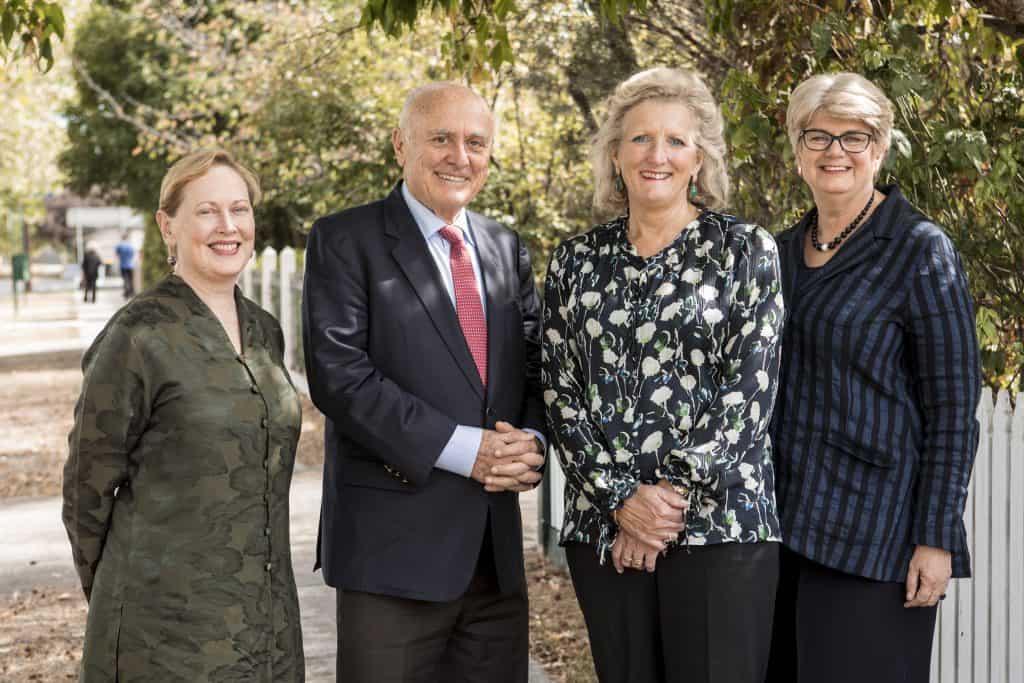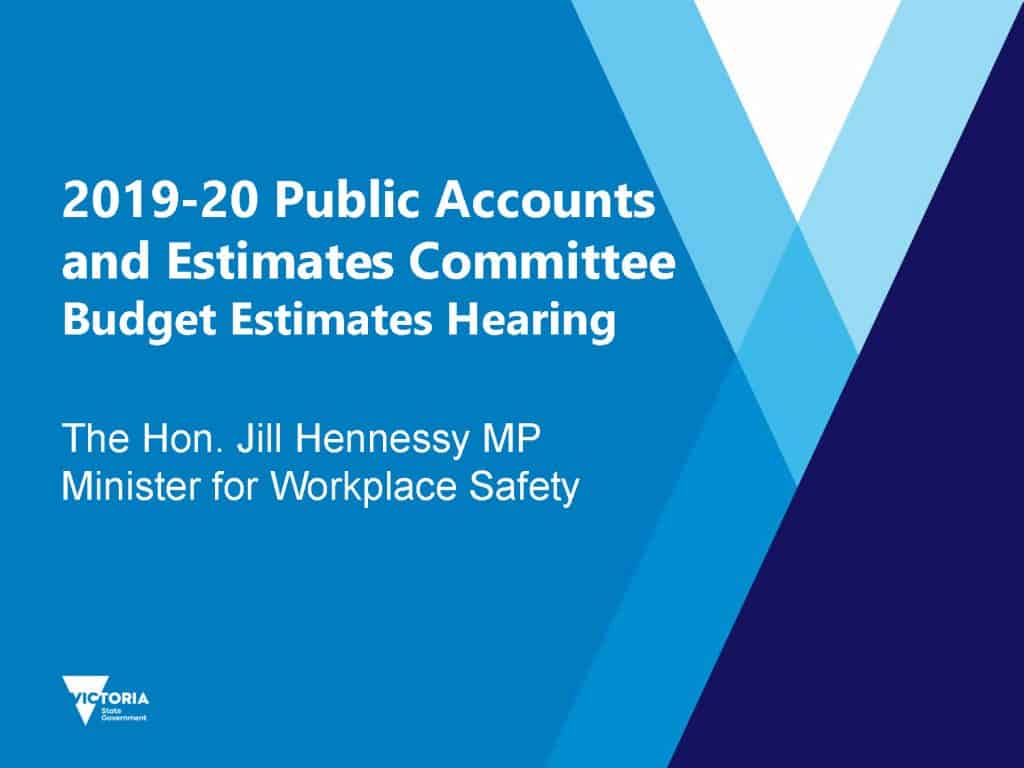
Workplaces and employers have not been totally absent from Victoria’s Royal Commission into Mental Health Systems’ Public Hearings and the Commissioners have asked about the workplace context several times but it sounds like they are asking the wrong people or not challenging enough. For instance, on Day One when Stigma was a theme, the Commission asked Dr Michelle Blanchard of SANE Australia:





